On a flight from Salvador (Bahia in Brazil, two families got into a generalized fight over an exchange of seats.
Those responsible for a child with autism asked to exchange seats for a window seat, but the other passenger didn’t accept.
The discussion became heated and eventually turned into a case of aggression.
The issue is on the rise, but it is not a recent thing.
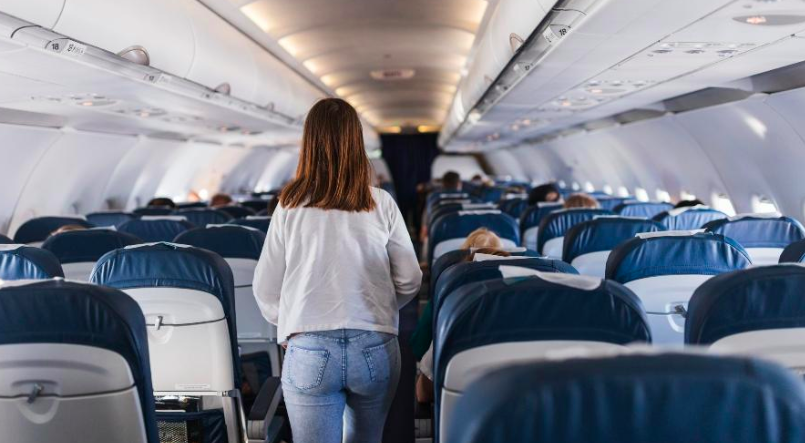
In 2022, there were almost two cases per day.
The use of masks inside the flight, aggressive behavior, and issues related to seating are among the causes of confusion.
The Brazilian National Civil Aviation Agency (Anac) says the agency or any other Brazilian aviation authority does not regulate seat schedules.
It is a service managed by the airlines according to their commercial strategies. There is no regulation that defines or obliges airlines to follow a standard, according to Anac.
Even so, there are some peculiarities about the choice and distribution of seats.
To understand a little bit about the “general rules” that are usually followed, we talked to flight attendants who live or have lived these disputes in their day-to-day work:
CAN I CHANGE SEATS FREELY?
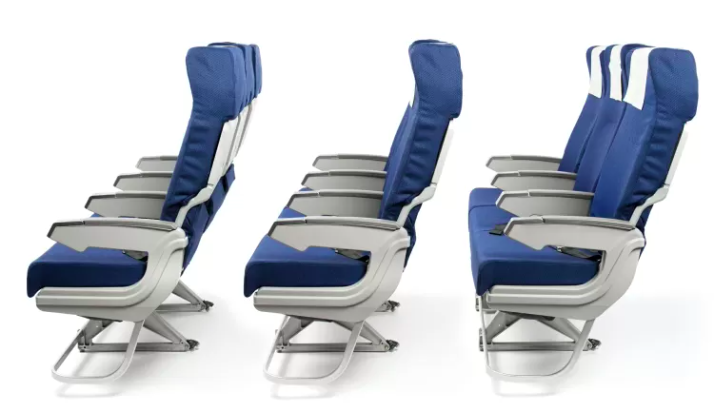
In general, yes.
There are, however, commercial and safety restrictions.
“The change can be prevented or requested not to be done when the pilot makes some restriction,” says content creator Lucas Ramos, who worked as a flight attendant for six years on Emirates’ Etihad Airways and shares stories on his TikTok.
For example, on a flight that is a bit empty, you have to distribute the weight equally throughout the cabin. In such cases, pilots ask that no seats be changed.
“And for commercial reasons, seats are sold at a premium because they have more space. In this case, the exchange can’t be done unless it’s on a seat of equal value,” adds Marcelo Bueno, known on social networks as “O Aeromoço”, who has worked for 12 years as a flight attendant on national and international routes.
Anac points out that defining the seat number helps to identify the passenger in case of need, emergency, and/or accident.
WHEN CAN I MAKE THE CHANGE?
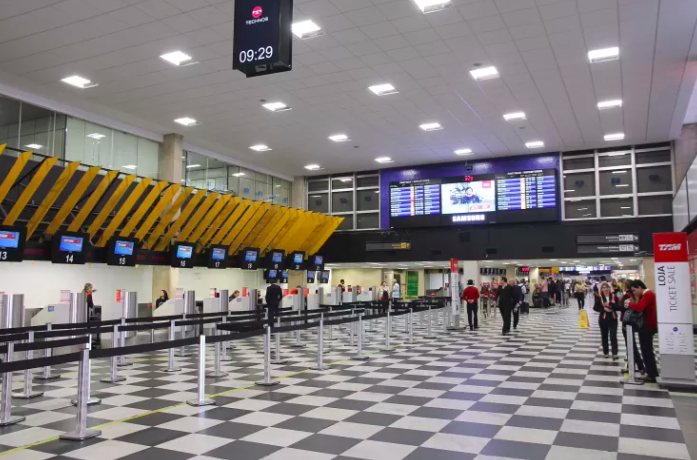
According to Lucas Ramos, the best time to exchange is at check-in.
“The employee has access to the seats that are occupied or not and can make the change according to their need,” says the content creator. If you have checked in via the app, you can speak to a flight attendant after boarding.
Nothing prevents you from approaching another passenger yourself and asking for the change.
“However, if you don’t have a good reason, a plausible reason, the person may not want to give up their seat, especially if it’s in the window or aisle,” adds Marcelo Bueno.
The other passenger is free not to want to change seats.
WHAT IF I’M TRAVELING WITH MY FAMILY?
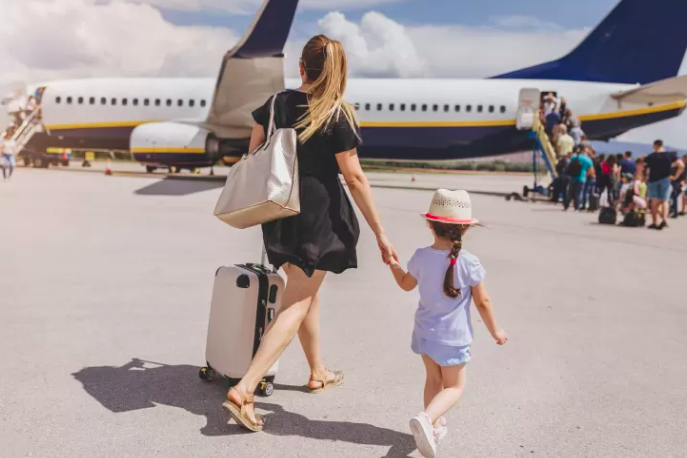
The Brazilian Civil Aviation Regulation (RBAC) No. 121 says that a child on board must be accompanied by a parent, a guardian, or a person designated by the parent or guardian to look after his or her safety during the flight.
“In this case, the airline should rearrange the seats to ensure that the guardian travels next to the child without any separate charge for the seat reservation,” says Anac.
It may happen that, at check-in, a family is placed in seats far from each other. In these cases, the flight attendant will try to change seats so the family members can travel together.
IF I CHANGE SEATS WITH SOMEONE, CAN I GET A BONUS?
It depends.
“The passenger can ask, but it depends on the flight service. The passenger can earn some food or some benefit,” says Lucas Ramos.
If you have a loyalty program, the chances are greater.
“But it’s not something that the company must give since it’s a courtesy and not a currency of exchange,” adds Marcelo Buenos.
ARE THERE CASES IN WHICH I AM OBLIGED TO CHANGE PLACES?
Yes, mainly in relation to security or change of aircraft.
For example, passengers under 15, pregnant women, or those with mobility restrictions cannot occupy seats near the emergency exits.
“If the passenger has paid extra to sit in these seats and has to leave, he can ask for a refund with the company after the flight,” says Marcelo Bueno.
The same can be done if you bought a seat with more comfort and needed to travel in a common seat because of a plane change.
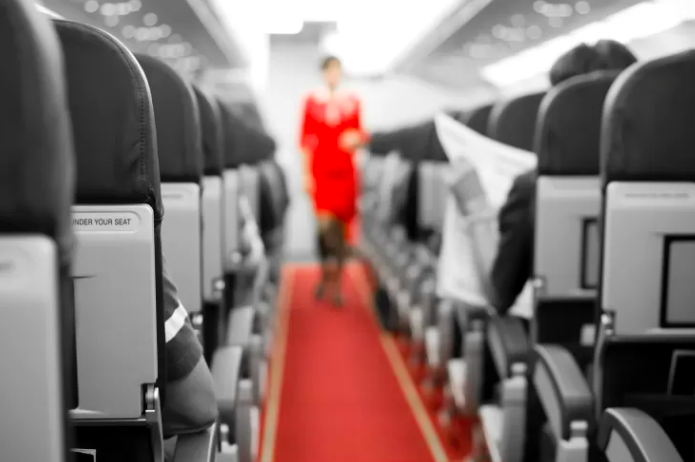
MY SEAT IS BROKEN OR DIRTY. WHAT SHOULD I DO?
Notify the flight attendant as soon as possible.
“That way, we can call the cleaning team or the engineers to deal with the occurrence,” says Lucas Ramos. The first situation is usually simple to solve; however, the second may require the passenger to change seats.
“If the repair takes too long, he may have to travel in a similar seat so that the flight is not delayed,” adds the flight attendant. If the new seat is smaller than the one the passenger bought, he can request a refund later.
CAN I UPGRADE MY SEAT ON THE PLANE?
It depends on the airline.
“Some companies allow the passenger to buy a more expensive seat during boarding. Ask the flight attendants,” says Lucas Ramos.
Each airline has a protocol, but according to the content creator, payment is usually made by credit card, and the ideal time to make the request is while the plane is still on the ground.
“Because the class change usually includes a benefits package, an amenity kit, which may be with the right amount,” he adds.
Some companies allow you to upgrade your seat just before boarding according to availability (Photo internet reproduction)
WHAT IF I AM A PERSON WITH SOME SPECIAL AID?
Notify the airline at least 72 hours before the flight.
Resolution No. 280 of Anac provides that passengers who need special assistance have a preference in the occupation of seats suited to their needs.
Wheelchair passengers, for example, are usually placed in seats near the door to have easy access to the restrooms and to be close to the flight attendants in case they have to evacuate the plane.
“There is a document that the passenger can fill out, the Medif, in which he presents all the person’s conditions,” says Lucas Ramos.
Passengers with autism are not required to fill out the form, but the flight attendant encourages them to do it.
“That way, the company will know what it will need to ensure the passenger’s comfort during boarding, flight, and disembarkation.”
With information from UOL

